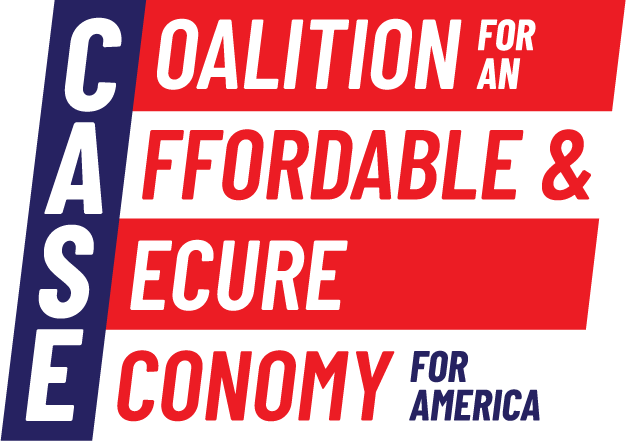From Coffee Beans And Groceries To Children’s Toys And Gasoline, Tariffs Are Increasing The Cost Of Motherhood
This Mother’s Day, many families are thinking of how to best show love and appreciation to the women who hold everything together. For many Americans, this means making a card for mom or buying her that special something; however, this year, tariffs are threatening to dampen the celebrations as prices on everyday goods increase and families are stretched to their limits.
For many moms, increasing tariffs means higher prices on everything from their morning coffee to grocery bills, gasoline and even kids’ toys. With household needs becoming more expensive, families are forced to make tough decisions, all while trying to keep up with the growing needs of their children and families.
In the first 100 days of presidency, President Trump has implemented sweeping tariffs on goods from countries, such as China, Canada and Mexico. And although there’s currently a 90-day pause on some of these tariffs, uncertainty and fear still remain. Some estimates find that tariffs could cost households an extra $4,900 a year, wrecking havoc on kitchen table finances.
Many moms rely on their morning coffee to power through busy days, but with these changes, some experts estimate that some coffee beans might eventually cost consumers 10% to 35% more than before the tariffs, driving up prices. Additionally, many foods families rely on include ingredients imported from abroad. According to the Yale Budget Lab, food prices have risen 2.6% and are expected to become 3% more expensive in the long run due to active 2025 tariffs. As weekly grocery bills creep higher, moms are being forced to make tough choices at the checkout line and left wondering if they can afford to feed their families.
Gas prices in the United State are also skyrocketing as a direct result of President Trump’s tariffs, with some regions facing increases of 20 to 30 cents per gallon. For families juggling school drop-offs, work commutes and weekend errands, the strain shows up every time they fill the tank.
Many kids’ products, especially those imported overseas, are subject to import tariffs. More than 75% of toys imported into the United States come from China, and with tariffs reaching as high as 145%, popular toys could see significant price hikes. Small businesses, such as children’s store Three Littles in Washington, D.C., are feeling the brunt of tariffs as they are forced to raise their prices to account for rising costs.
And to top it all off, research shows that apparel can expect to face 64% higher prices in the short-run and stay 27% higher in the long run. Whether it’s the plastic used in toys or the fabrics in baby clothes, these added costs end up on store shelves and parents trying to keep up with growing kids are paying more for the basics than ever before.
Policy decisions, namely tariffs, shape the everyday reality for families across the country, and translate into real-life decisions. Can we afford fresh produce this week? Do we have to cut back on gas just to make ends meet? Are we able to provide our kids with new cleats? Or new toys for birthdays?
The cost of motherhood is already high, but tariffs are making it even higher.

